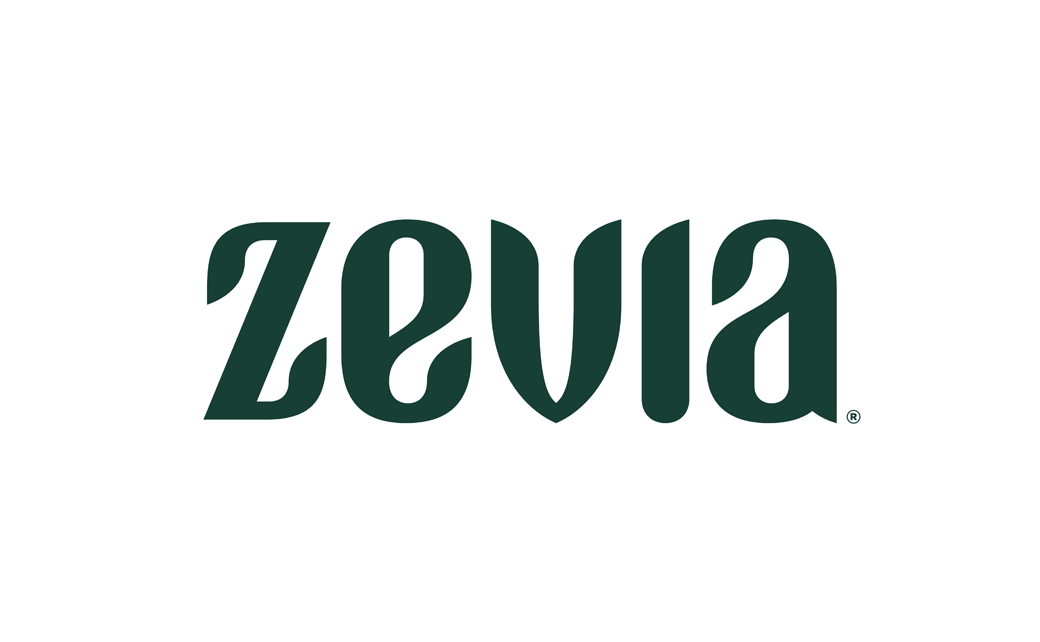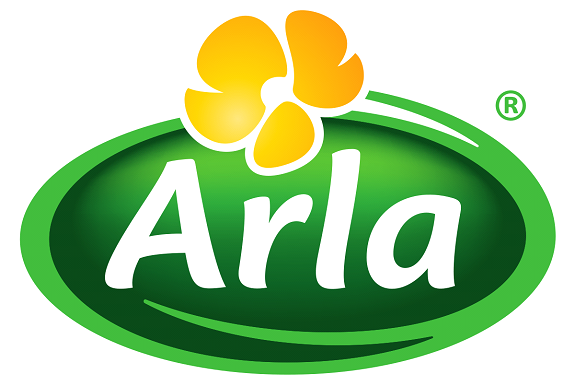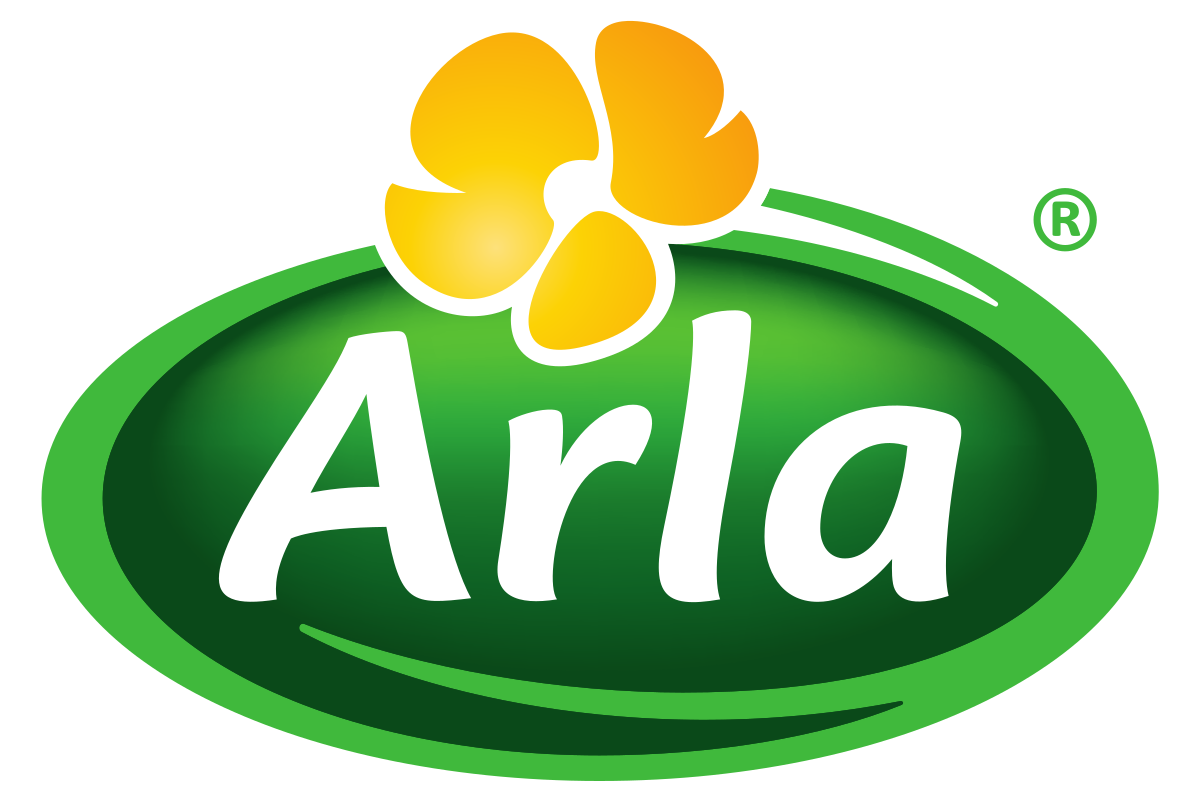2025 Food & Snacks Industry Trends and Talent Demands
The food and snacks industry is at a turning point. Consumer habits are shifting, regulatory scrutiny is increasing, and companies are racing to keep up with the intersection of health, sustainability, and technology. Trends that once emerged slowly are now defining entire categories overnight. Brands that succeed in this environment are those that invest not just in product innovation but in the people who can execute on it.
As new consumer demands emerge, companies are restructuring their teams to bring in specialists who understand everything from bioactive ingredients to AI-driven production efficiency. Winning in 2025 is not just about recognizing trends but about anticipating where the industry is going, securing the right leadership, and acting before the competition.
Functional Snacks Are Becoming the Default Choice
Functional foods, once considered a niche category, are no longer confined to the shelves of specialty retailers. They have taken center stage, and brands that ignore this shift will struggle to maintain consumer loyalty. While the rise of high-protein, gut-health-focused, and energy-boosting snacks has been evident for years, the acceleration in demand is now backed by hard data.
A report from The Business Research Company predicts that the global functional food market will reach $315 billion by 2025. The surge is driven by multiple factors, from the widespread adoption of GLP-1 weight loss drugs like Ozempic to a growing consumer focus on cognitive performance, stress management, and digestive health. Consumers are looking for products that support their long-term well-being, not just satisfy cravings.

Companies like Olipop, poppi, and Perfect Snacks have demonstrated the power of aligning with these demands. Olipop, a gut-health soda brand, went from inception to over $200 million in just five years, proving that function and flavor are not mutually exclusive. This is not a category limited to startups—major players like Mondelez, PepsiCo, and Nestlé are now investing heavily in functional snack innovation.
Brands that want to compete in this space need teams with deep expertise in food science, regulatory compliance, and consumer psychology. It is not enough to slap a “high protein” or “probiotic” label on packaging. Success will come from hiring nutritionists who understand bioactive ingredients, regulatory experts who can navigate changing FDA guidelines, and R&D leaders who can bridge the gap between scientific formulation and mass-market appeal.
Sustainability Is No Longer a Branding Play
Sustainability initiatives once functioned as a way for brands to differentiate themselves. That is no longer the case. Environmental responsibility is becoming a core expectation, not a marketing advantage. A recent Kantar study , in partnership with IPG Mediabrandsfound that consumers believe that businesses have a responsibility to solve climate and environmental issues and are looking to brands for leadership on sustainability. " 67% want to buy "environmentally sustainable product, a figure that has grown year over year. This shift is pushing brands to go beyond recyclable packaging and take action at the supply chain level.
Regenerative agriculture is now one of the most critical food and snacks industry trends for 2025. Companies like General Mills, Danone, and Clif Bar are leading the charge, committing to regenerative farming practices that improve soil health, reduce carbon emissions, and create more resilient supply chains. General Mills, for example, has pledged to convert one million acres of farmland to regenerative methods by 2030, recognizing that long-term sustainability is as much about business continuity as it is about environmental impact.
Executing these strategies requires specialized expertise in sustainability consulting, regenerative agriculture, and data-driven impact measurement. Brands that lack internal talent in these areas will fall behind. Supply chain leaders must understand not just how to source sustainable ingredients, but how to prove their environmental claims through blockchain tracking and third-party verification. Investors and regulatory bodies are increasingly demanding quantifiable impact, and only companies with the right talent will be able to deliver it.
AI and Automation Are Reshaping Food Development and Manufacturing
Artificial intelligence is already being used to optimize ingredient formulations, streamline manufacturing processes, and predict consumer demand with greater accuracy than ever before.
Companies like NotCo and Perfect Day are leading the charge in AI-driven food development. NotCo, a Chilean food-tech company, uses AI to reverse-engineer plant-based alternatives that mimic animal products at a molecular level. This technology has already led to partnerships with Burger King and Kraft Heinz, demonstrating how AI can drive large-scale industry change. Meanwhile, Perfect Day is pioneering precision fermentation to create animal-free dairy proteins, a process that has the potential to reshape the dairy industry entirely.
AI is also transforming the way brands approach retail. Grocery chains and CPG companies are increasingly using predictive analytics to anticipate purchasing trends, manage inventory, and optimize pricing strategies. This level of automation reduces waste, improves supply chain efficiency, and enhances profitability.
Global Flavor Trends Are Driving New Product Development
As social media continues to shrink cultural barriers, consumers are becoming more adventurous with their flavor preferences. The rise of Korean, Indian, and Latin American-inspired snacks is no longer confined to specialty grocers—mainstream retailers are now dedicating more shelf space to globally inspired products.
Trader Joe’s has built a cult following by introducing international flavors into snackable formats, while brands like Siete and Spudsy have created entirely new product categories by blending traditional ingredients with modern branding. This movement is not just about flavor, it is about cultural storytelling.

For brands looking to capitalize on this trend, hiring culinary innovators, product developers, and cultural market researchers is critical. Authenticity is key, and the companies that approach global flavors with genuine respect and expertise will be the ones that win.
The demand for AI and automation expertise in food and snacks has never been higher. Companies must hire data scientists, machine learning engineers, and supply chain technologists who can implement AI-driven solutions at scale. This is no longer an experimental space—it is a competitive necessity.
Talent Alignment Is the Most Important Competitive Advantage
Recognizing trends is one thing. Executing on them is another. The brands that will lead in 2025 are not just investing in product development—they are strategically building teams that can turn insights into action.
At Protis Global, we specialize in executive search and talent strategy for the food and beverage industry. Our expertise spans across food innovation, sustainability, AI-driven operations, and global expansion, ensuring our clients have the leadership required to navigate a changing landscape.
The future of the food and snacks industry in 2025 will belong to brands that make talent their top priority. If you are serious about building a team that can drive innovation and growth, the time to act is now.

















